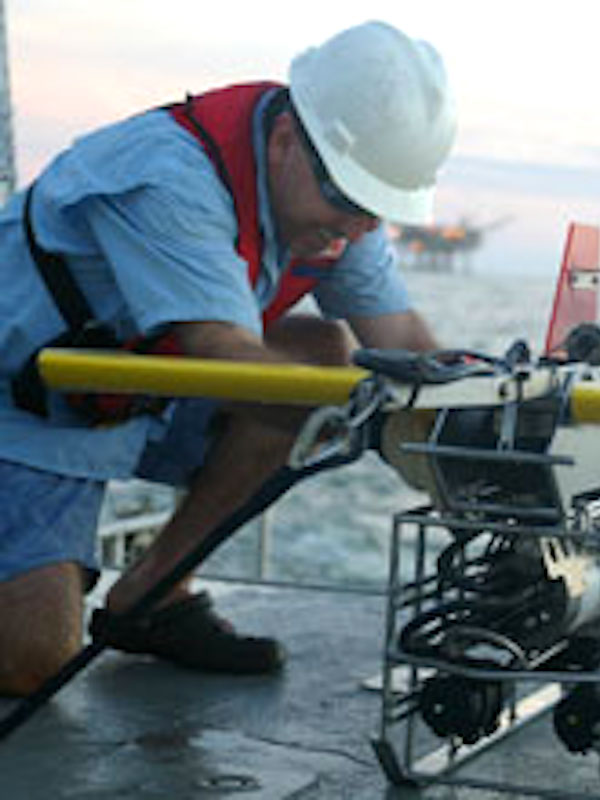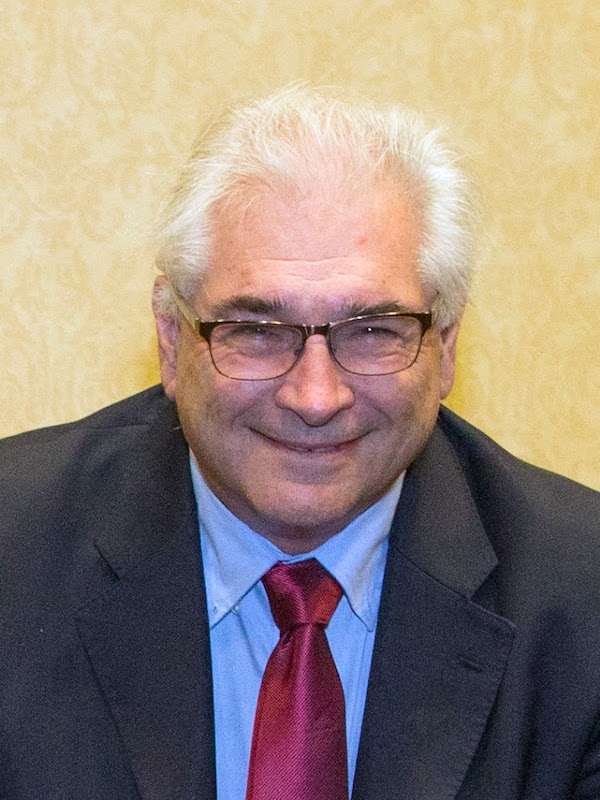Leadership & Vision
Director
Dr. Steven DiMarco is the Director of the Geochemical and Environmental Research Group at Texas A&M University. He is Professor of Oceanography in the College of Arts and Sciences and is Professor of Ocean Engineering (Courtesy Joint Appointment) in the College of Engineering. He is a Life Member and Fellow of the Marine Technology Society.
Dr. DiMarco has authored or co-authored more than 100 peer-reviewed scientific papers and book chapters and published more than 300 technical reports, scientific conference proceedings, and environmental data sets. His research specializes in the interactions of physical and biogeochemical processes of the coastal and deep ocean. He has served as Chief Scientist on 40 oceanographic cruises. He has served as a Plank Owner Member (2010-2017) of the National Science Foundation University-National Oceanographic Laboratory System (UNOLS) Ocean Observing Science Committee (OOSC); he also served on the National Academy of Science, Engineering, and Medicine Committee to Advance the Understanding of the Gulf of Mexico Loop Current (2017)). He is the Principal Investigator of the GulfCORES research consortium funded by the NAS Gulf Research Program – Understanding Gulf Ocean Systems (2022-2027). He currently is Principal Investigator of the Texas Automated Buoy System (TABS), a real-time ocean observing network in the western Gulf of Mexico, which includes moored, shipboard, hi-frequency radar, and autonomous vehicles (principally funded by the Texas General Land Office - Oil Spill Division). From 2003-2018, he led a large group of Principal investigators from seven institutions that investigated the processes that lead to and sustain the hypoxic region of the northern Gulf of Mexico (http://mchatlas.tamu.edu; NOAA-funded). From 2007-2014, he led a research group investigating the circulation characteristics of the northwestern Indian Ocean and Sea of Oman (funded through the Sultanate of Oman). He was Co-PI and Executive Committee Member of the Gulf Integrated Spill Research Consortium funded by the Gulf of Mexico Research Initiative. DiMarco received his PhD from the University of Texas at Dallas (Physics, 1991).

Dr. Steven DiMarco
Director of the Geochemical and Environmental Research Group
Past Director
Dr. Anthony Knap is the Past Director (2013-2023) of the Geochemical and Environmental Research Group at Texas A&M University. He is currently a Research Professor (ret.) at GERG. He is former Professor of Oceanography and Ocean Engineering and the former James Whatley endowed chair in Geosciences. Prior to coming to Texas A&M Dr. Knap transformed the Bermuda Institute for Biological Sciences (BIOS) from a small biological station into a world-renowned center on oceanographic research. He has published over 200 papers and book chapters on ocean chemistry and biogeochemistry, oil pollution and other marine pollutants, ocean observations, risk assessment of climate change, and oceans and human health. He has >20k science citations.
Scientifically active for >45 years, he was the Founder and the Principal Investigator of the Bermuda Atlantic Time Series (BATS) off Bermuda for its first 25 years as well as PI of the Panulirus Hydrographic Stations – the longest continuous ocean time-series founded by Henry Stommel in 1954. Knap and colleagues started the Risk Prediction Initiative – a partnership between the Re-insurance industry and climate scientists as well as the International Center for Ocean and Human Health.

Dr. Anthony Knap
Past Director of the Geochemical and Environmental Research Group
Vision
Explore the frontiers of environmental science through world-class research and to provide operational scientific support to federal and state agencies that incorporates cutting-edge research and technology to benefit society and improve human well-being.
Mission
To advance scientific understanding of the environment through research, educate the next generation of environmental scientists, and use our scientific expertise to serve the broader needs of government, industry and society.
